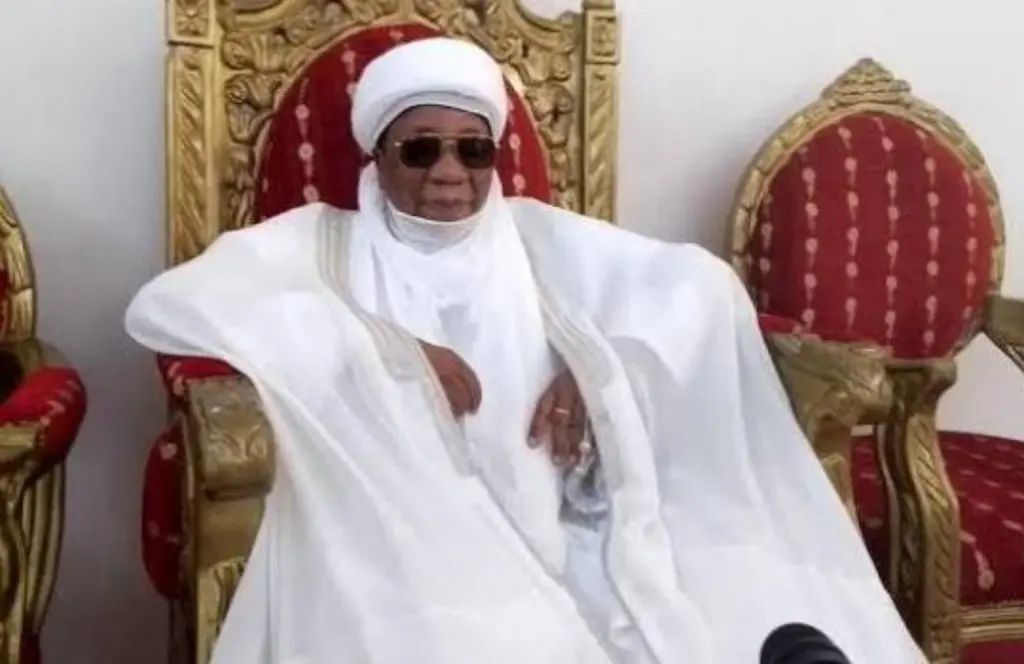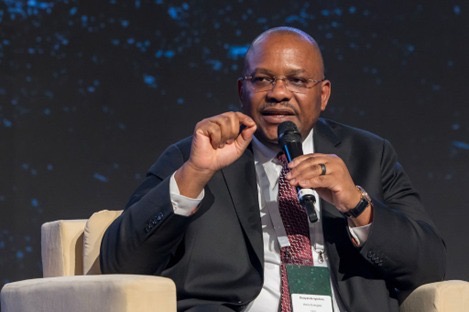. ”No, Never, Monopoly Dangerous’ IPMAN, PETROAN React, ‘Insist On Nigeria First Policy’ Dangote Urges President
•IPMAN, PETROAN push back, warn against monopoly, Dangote insists on ‘Nigeria First’ policy
The President of the Dangote Group, Alhaji Aliko Dangote, has asked President Bola Tinubu to include refined petroleum products in the list of items banned under the ‘Nigeria First’ policy of the Federal Government. But this was unanimously rejected by oil marketers and some industry analysts on Sunday.
The ’Nigeria First’ policy seeks to ban government agencies from importing goods that can be produced within Nigeria. In May, Tinubu barred government agencies from importing goods or services that are available locally.
READ ALSO:
To Help Lower Blood Pressure, Here Are 5 Things to Do Before Bed
NiMet Forecasts Rain, Flash Floods Nationwide
‘I’m Still Here,’ Oshoala Dismisses Retirement Rumour
Tinubu’s Minister Is New APC Nat’l Chairman
Tinubu, Govs Stealing Workers’ Sweat – NLC
The policy stated that no procurement of foreign goods or services already available in Nigeria shall proceed without justification and a Bureau of Public Procurement waiver.
Speaking at the just concluded Global Commodity Insights Conference on West African Refined Fuel Markets hosted by the Nigerian Midstream and Downstream Petroleum Regulatory Authority in partnership with S&P Global Insights, Dangote requested in clear terms that petrol, diesel, and other refined petroleum products be added to the items banned by the policy.
According to him, the importation of fuel into Nigeria is killing local refining and discouraging further investments in the sector and even the economy. To remain viable, he urged governments across Africa to take deliberate steps as the United States, Canada, and the European Union have done to protect domestic producers from what he called unfair competition.
Dangote did not mince words when he said that the Nigeria First policy announced by Tinubu should apply to the petroleum products sector. “The Nigeria First policy announced by His Excellency, President Bola Tinubu, should apply to the petroleum product sector and all other sectors,” he stated.
This request by Dangote seeks to place a ban on the importation of petrol, diesel, and other products being produced locally. He argued that local refiners were finding it difficult to sell their products because of what he called dumping. The billionaire businessman alleged that importers were dumping toxic fuel that would never be allowed in Europe.
“And to make matters worse, we are now facing increased dumping of cheap, often toxic petroleum products, some of which are blended to substandard levels that would never be allowed in Europe or North America,” he said.
Dangote mentioned that some of the importers bring into Nigeria fuel or crude oil subsidised in Russia. This, he said, affects local pricing, forcing refiners to drop prices below their costs.
“Due to the price caps on the Russian petroleum products, discounted petroleum products produced in Russia or with discounted Russian crude find their way to Africa, severely undercutting our local production, which is based on full crude pricing. This has created an unlevel playing field in most African countries. Petrol and diesel are sold for about a dollar net of taxes.
“In Nigeria, due to this unfair competition, this price is just about 60 cents, even cheaper than Saudi Arabia, which produces and refines its own oil. This is due to the fact that we are having too much dumping. To remain viable, we urge the governments across Africa to take deliberate steps as the United States, Canada, and the European Union have done to protect domestic producers from unfair competition,” he stated.
The richest man in Africa said this was not to monopolise the sector but to produce local investments. He noted that those who have the resources to invest in Nigeria keep taking their resources outside the country while they criticise local investors.
“Let me take this opportunity to address concerns around monopoly and dominance. The reality is that too many people who have the means and the opportunity to contribute meaningfully to our nation’s growth choose instead to criticise from the sidelines while investing their wealth abroad,” Dangote said.
To prove that his $20bn refinery can satisfy local fuel needs, Dangote disclosed that Nigeria has become a net exporter of petroleum products, having exported approximately 1.35 billion litres of petrol to other countries worldwide in 50 days.
According to Dangote, between June and July 2025, the refinery exported up to 1 million tonnes of petrol, which is approximately 1.35 billion litres when converted.
“Today, Nigeria has actually become a net exporter of refined products. Before I came on the podium, I asked my people how many tonnes of PMS we have actually exported. From June beginning to date, we have exported about 1 million tonnes of PMS, within the last 50 days,” he said.
Marketers tackle Dangote
However, marketers disagreed with Dangote, urging the Federal Government not to consider adding petroleum products to the list of items banned from importation.
Speaking with our correspondent on Sunday, the National Publicity Secretary of the Independent Petroleum Marketers Association of Nigeria, Chinedu Ukadike, said independent marketers would not support that idea as it would spell doom for the sector.
“We independent marketers will depart from that request. If the government does that, that means we will not be able to check inflation and monopoly, since it is the only refinery operating in the country now. We should continue to import even as we buy locally.
“I heard that the NMDPRA stated clearly that Dangote cannot produce all the fuel that the country needs. We will appreciate it if the country allows importation to continue since we are not paying subsidy,” Ukadike said.
Reacting to Dangote’s claim that importation would kill businesses and local refineries, Ukadike differed. “Importation won’t kill local businesses or refineries; it will strengthen them. It will ensure local refineries step up their game. I don’t agree with Dangote on this,” he said.
Also, the National President of the Petroleum Products Retail Outlet Owners Association of Nigeria, Billy Gillis-Harry, kicked against the call to ban fuel Importation. He said no one company should be allowed to dominate the downstream sector in a free economy.
While admitting that there is a need to ban the importation of some goods, he said these should not include fuel, stressing that Nigeria needs multiple sources of energy. “I don’t agree with Dangote. We are running a free economy. There’s no reason why any one company should have an overarching value on the entire industry.
“Importation is not killing the economy. Importation is stabilising the sources of petroleum products. Importation of all products is useful. However, those that can be produced in Nigeria, like toothpicks, garri, egusi soup, cassava, and others like that, should be banned.
“But importation of refined petroleum products should not be banned because it helps to ensure that there are multiple sources of energy and replenishment,” Gillis-Harry stated.
Expert reacts
An energy expert at the University of Lagos, Professor Dayo Ayoade, also warned against banning fuel Importation, saying this would promote monopolistic tendencies.
“No, we cannot have a ban on petroleum imports. It’s not a legal ban. That would not be acceptable because we don’t have diverse sources for petroleum products. We can’t rely solely on the Dangote refineries. That would give a monopoly to a private individual.





